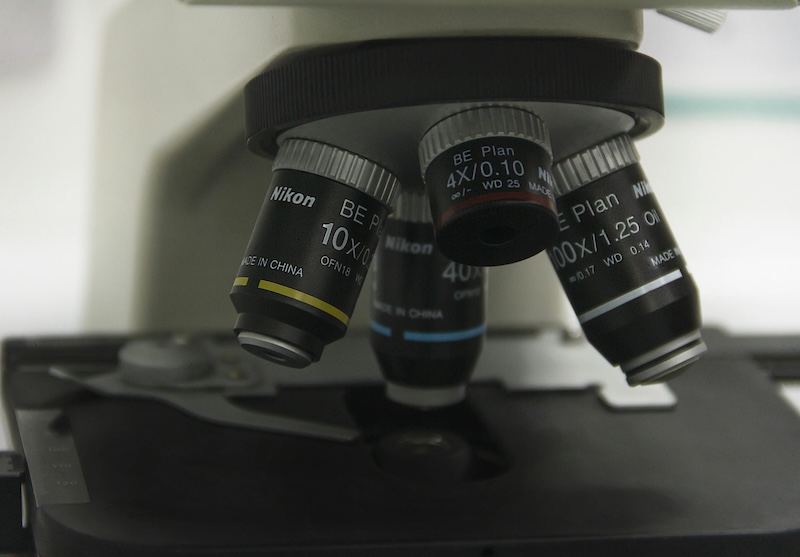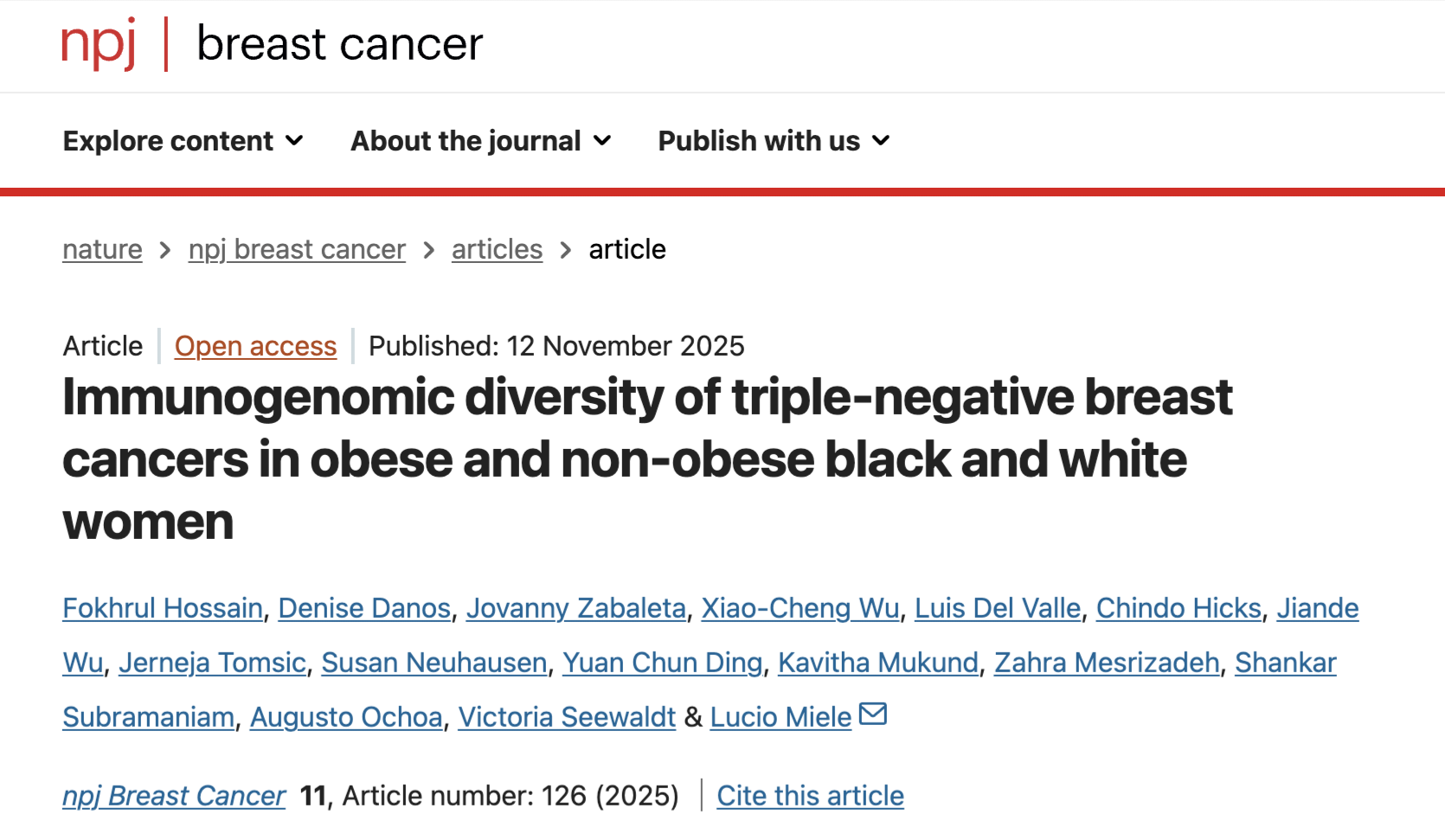
Research and the Community
The Louisiana Quitline has helped thousands stop smoking. The successful tobacco cessation program is an example of Population Health Science at work.
Population Health Science views health as a product of biological, behavioral, and social or contextual factors interacting across time and space. Population Health scientists apply transdisciplinary knowledge, theory, and tools to health problems and produce the evidence for policies and interventions that improve health and eliminate health disparities.

Michael Celestin, Ph.D., is a faculty member of the Louisiana Cancer Research Center and LSU Health New Orleans School of Public Health and Director of the Louisiana Tobacco Control Initiative(TCI), a LCRC program. TCI seeks to reduce cancer risk by integrating cessation interventions into healthcare delivery systems that serve high-prevalence high-risk populations. TCI also conducts innovative research on individual behavior change and translates research findings into clinical practice.
Research has unearthed a wealth of data in developing proven smoking cessation treatments that can help people stop tobacco use. Treatment approaches range from behavioral, to pharmaceutical, to policy. Dr. Celestin translates that data into real-world tools and settings to help people kick the habit.
Louisiana Quitline callers receive confidential medical advice and support that is influenced and refined by data that's shown to change addictive behaviors.
Simply put, the Quitline translates the research into practice for the benefit of the broader group of people trying to quit smoking. "By packaging counseling, medication, and self-help material, then making these interventions available to the masses through a phone call, you can impact larger segments of the population as opposed to just within a clinical setting," Dr. Celestin explains.
It works. Close to 3,200people enrolled in Quitline services between August 2019 and July 2020, and 31%reported quitting as a result of the program at 7-months follow-up.
Dr. Celestin's focus is clear. "We work to change cancer risk behaviors," he says. Yet, despite having proven methods to help smokers quit, less than one-third of adult cigarette smokers who attempt to quit use proven counseling and/or medication. "The question is always: how can we better integrate evidence-based cessation interventions into the larger population to promote cessation and prevent cancer?" He, and the LCRC, will continue to work toward finding the answers to that question.





